Ten people who deserve statues in London
From CLR James to Mary Somerville, these are the people spiked wants to memorialise.
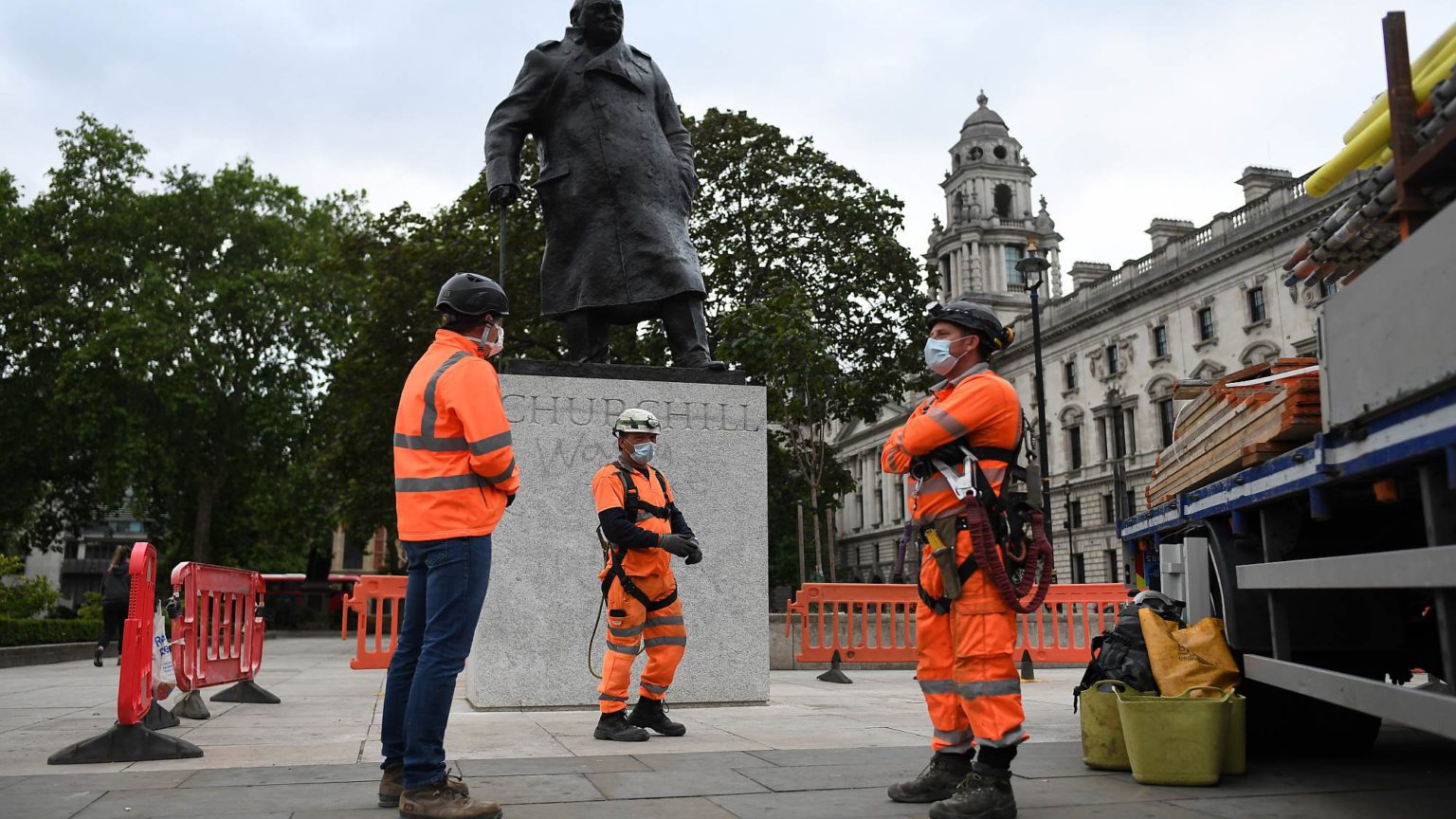
Want to read spiked ad-free? Become a spiked supporter.
In a week in which the UK’s woke warriors have been excitedly looking for statues to smash up, we at spiked decided to be a little more constructive. So here are 10 people whose contributions to our national life deserve some real public recognition with a statue or monument.
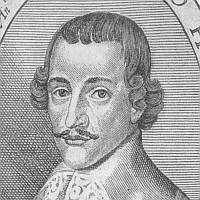
John Lilburne (1614-1657) - radical pamphleteer and Leveller
In 1637, north-east native John Lilburne, aged 22, began the first of his many stints in prison — this time for printing and circulating books ‘unlicensed’ under England’s system of monarchic censorship. If this case brought him to people’s attention, it was as a leading, pamphleteering voice of the Levellers, the radical democratic movement that emerged during the Civil War, that ‘Freeborn John’ made his name. He fought for equality before the law, freedom of conscience, a free press, and, above all, a democratic republic – an England, as he put it in Rash Oaths (1647), in which ‘Every free man… poor as well as rich, should have a vote in choosing those that are to make the law’. His fight, as Brexit shows, remains as vital as ever.
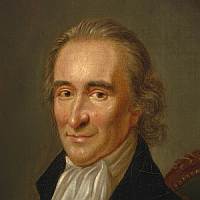
Thomas Paine (1737-1809) - philosopher, political theorist and revolutionary
Paine might well already have a statue in his hometown of Lewes, Sussex, but, as Napoleon Bonaparte put it, ‘a statue of gold should be erected to him in every city in the universe’. For Paine was central to the great democratic revolutions of the 18th century. His Common Sense (1776) spoke to America’s rebel colonists of democracy and freedom in a language all could understand. And his Rights of Man (1791), born in the red-hot furnace of the French Revolution, spoke to an English people, still labouring under the monarchic settlement of 1688, in the language of a liberty that could still be theirs. Time has not dimmed the light of Paine’s reason.
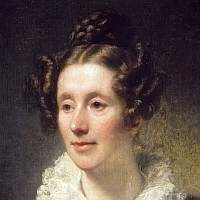
Mary Somerville (1780-1872) - science writer and polymath
Her formal schooling was limited. She was excluded from universities, scholarly societies and laboratories. And soon she had a family to care for. But that didn’t stop Mary Somerville from becoming one of the most important, and most-read, scientists of the 19th century. Her 1834 book The Connection of the Physical Sciences was a Victorian bestseller, and she revolutionised our understanding of the solar system, paving the way for the discovery of the planet Neptune. In 1829, Sir David Brewster, the inventor of the kaleidoscope, called her ‘the most extraordinary woman in Europe’. She deserves to be more than a face on a Scottish tenner.
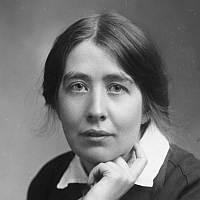
Sylvia Pankhurst (1882-1960) - political activist, writer and artist
Of all those to whom the Daily Mail’s pejorative ‘Suffragette’ was at one time applied, Sylvia Pankhurst was by far the most important. She sought solidarity with the equally disenfranchised proletariat, while other middle-class Suffragettes shunned it. She opposed the First World War, while her much venerated family cheered it on. And she was determinedly internationalist and anti-colonialist, while her sisters-in-arms still proudly measured the world in imperial units. She paid a price for her radicalism, though: she was forgotten by an establishment she threatened. It is well past time she was given her historical due.
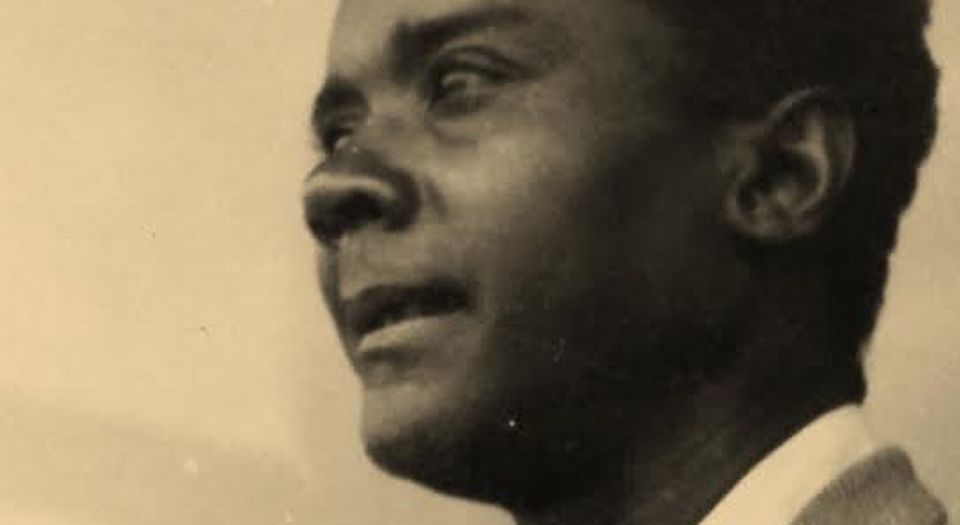
CLR James (1901-1989) - historian, journalist and socialist
Trinidadian CLR James was born a subject of empire. He was to become one of its greatest critics, and much more besides. His political activism – as a Marxist, a pan-Africanist, an anti-Stalinist – was boundless. And his willingness to challenge accepted opinion, be it on the left or right, was unceasing. But it is for Black Jacobins, his landmark history of the Haitian Revolution, that James deserves our lasting esteem. There he showed how black slaves, led by Toussaint L’Ouverture, liberated themselves, in the name of the rights of man. Few among us have embodied the universalism and humanism of the Western tradition as did James.
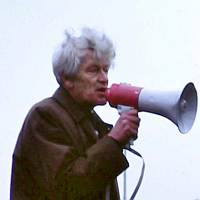
EP Thompson (1924-1993) - social historian and political activist
The intellectual legacy of Edward Palmer Thompson, a tireless educator, writer and political activist, deserves recognition. At its centre lies his 1963 opus, The Making of the English Working Class. This isn’t just a brilliant trailblazing history-from-below. It is also a reconstitution of England’s radical democratic tradition, rescuing all who struggled for a greater say over their lives, be they Luddite croppers or proletarian Chartists, ‘from the enormous condescension of posterity’. In this act of historical retrieval, inventing a radical tradition from the ground up, Thompson began to chart an alternative future. It was one he pursued, against the capitalist right, the Stalinists, the later New Left and, most tellingly, what was to become the EU.
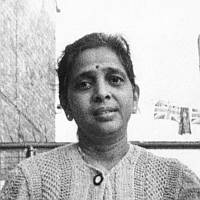
Jayaben Desai (1933-2010) - strike leader
Indian-born Jayaben Desai was just four feet tall. But in 1976 she proved herself a giant, leading her mainly female South Asian migrant co-workers in a two-year battle for better pay and conditions against her bosses at the Grunwick photo-processing plant. It was an epic struggle, sustained by Desai’s dynamic leadership, and leavened by her quick wit. By June 1977, 20,000 people had joined her and her striking comrades on the streets of Willesden, in defiance of police aggression. At the last strike meeting in 1978, Desai was unbowed: ‘We have shown that workers like us, new to these shores, will never accept being treated without dignity or respect.’ A remarkable woman.
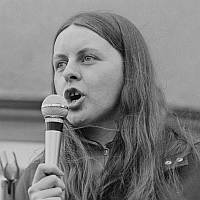
Bernadette Devlin McAliskey (1947-) - civil-rights leader and former MP
When Bernadette Devlin wrested Mid-Ulster from the Ulster Unionists at the 1969 General Election, she was just 21 – then the youngest ever MP. But she was already battle-hardened. Indeed, her life has always been defined by political struggle, from fighting state discrimination against Catholics as part of the Irish civil-rights movement and then seeking solidarity with the Black Power movement in the US, to her current work on behalf of Northern Ireland’s marginalised communities. She even smacked a British home secretary in the face – ‘a proletarian protest’ – after witnessing not just the Bloody Sunday massacre itself, but the subsequent whitewash, too. It is a life forged in political combat, and ruled by the best democratic principle. ‘My complaint’, she once said, ‘has always been that Irish people do not govern their own lives’. Hers is a life to be admired.
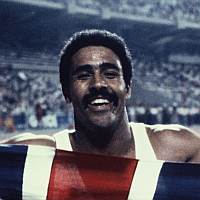
Daley Thompson (1958-) - athlete and Olympian
Daley Thompson would reliably whistle the national anthem, unveil rude t-shirts, and swear on camera. He is also the greatest athlete Britain has ever produced. During the late 1970s and 1980s, he broke the world record four times, won two Olympic golds, three Commonwealth golds and two European Championship golds. And he did so in the toughest event around – the decathlon. Yet he remains a peripheral figure, derided for his arrogance and overwhelming competitiveness. None of these should detract from his greatness, however, especially when they lie at its heart.
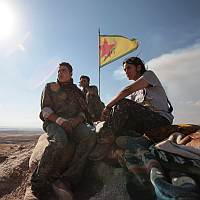
Volunteers for Kurdish People's Protection Units
It is a modern travesty. From 2014 onwards, tens of UK citizens joined the Kurdish People’s Protection Units (YPG) in their military effort to roll the black-clad evil of ISIS out of Syria. They were prepared to lay down their lives. They believed, rightly, that this was a cause worth dying for. And, in doing so, they showed tremendous courage. Yet the British state has repaid them for their bravery by harassing and prosecuting them upon their return. They deserve far better. Indeed, they deserve to be remembered as the International Brigades now are, as combatants in a war against a genuinely fascist enemy. While too many others merely signal their ‘anti-fascist’ virtue, the YPG volunteers lived and breathed it. Let’s erect a war memorial, ideally on Whitehall, to commemorate their struggle against evil.
Who funds spiked? You do
We are funded by you. And in this era of cancel culture and advertiser boycotts, we rely on your donations more than ever. Seventy per cent of our revenue comes from our readers’ donations – the vast majority giving just £5 per month. If you make a regular donation – of £5 a month or £50 a year – you can become a and enjoy:
–Ad-free reading
–Exclusive events
–Access to our comments section
It’s the best way to keep spiked going – and growing. Thank you!






Comments
Want to join the conversation?
Only spiked supporters and patrons, who donate regularly to us, can comment on our articles.